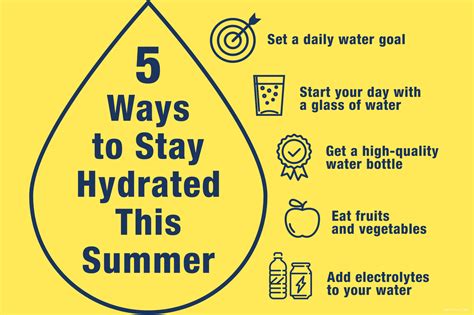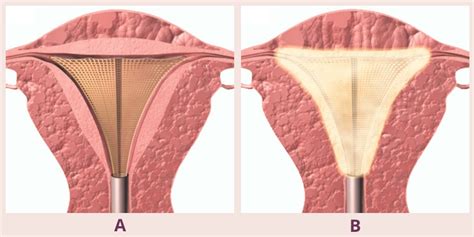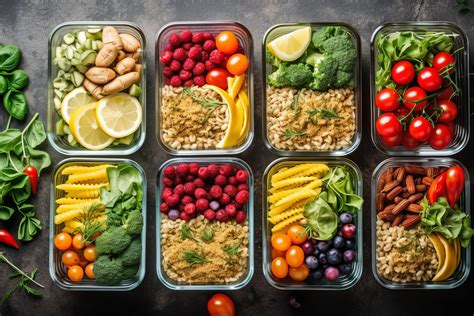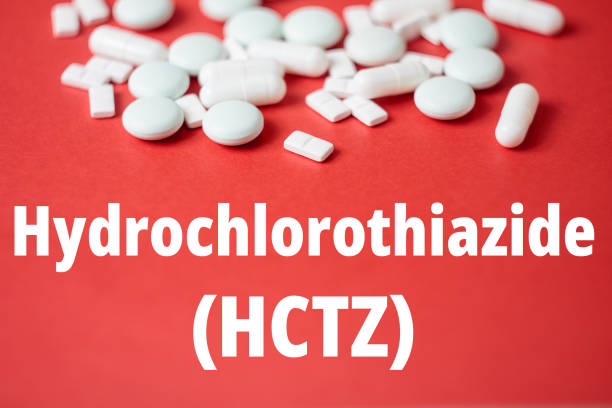12+ Ways To Stay Hydrated Daily

Staying hydrated is one of the simplest and most effective ways to maintain overall health and well-being. Water makes up approximately 60% of our bodies and plays a crucial role in nearly every bodily function, from regulating body temperature to facilitating the digestion and absorption of nutrients. Despite its importance, many of us fail to drink enough water throughout the day, leading to dehydration, which can cause symptoms such as fatigue, headaches, and difficulty concentrating. Here are 12+ ways to stay hydrated daily, ensuring you maintain optimal health and performance.
1. Drink Water Upon Waking
Starting your day with a glass of water can help rehydrate your body after a night of sleep. During sleep, you don’t consume any fluids for an extended period, so drinking water first thing in the morning helps replenish lost fluids and kickstart your metabolism.
2. Infuse Your Water
Adding slices of lemon, lime, orange, or cucumber to your water can give it a refreshing taste, encouraging you to drink more. You can also try adding mint leaves or basil for a unique flavor. Infused water is not only tasty but also packed with antioxidants and other nutrients from the fruits and herbs.
3. Set a Daily Goal
Use a water tracking app or keep a physical log to monitor your daily water intake. Setting a goal, such as drinking at least eight 8-ounce glasses of water a day, can motivate you to stay on track. Remember, the amount of water you should drink daily can vary based on your weight, activity level, and climate, so adjust your goal accordingly.
4. Eat Hydrating Foods
In addition to drinking water, you can also consume foods with high water content. Watermelon, cantaloupe, and celery are examples of foods that are made up of about 90% water. Incorporating these into your meals and snacks can contribute to your daily hydration needs.
5. Make Water More Accessible
Keep water bottles in convenient locations, such as your car, desk, and gym bag, to remind you to drink throughout the day. Having water readily available can significantly increase your chances of meeting your hydration goals.
6. Monitor Your Urine
The color of your urine is a good indicator of your hydration status. If your urine is pale yellow or clear, it’s a sign that you’re well-hydrated. Dark yellow or amber-colored urine can indicate that you need to drink more water.
7. Avoid Sugary Drinks
While it might seem like sugary beverages contribute to your fluid intake, they can actually have dehydrating effects due to their high sugar content. Limit your consumption of soda, sports drinks, and sweet tea or coffee, opting for water or unsweetened beverages instead.
8. Drink Before and After Exercise
Staying hydrated is especially important when you’re physically active. Drink water before, during, and after your workout to replace lost fluids and electrolytes. The amount of water you need can depend on the intensity and duration of your exercise.
9. Try Carbonated Water
If you find plain water too bland, you might enjoy the fizziness of carbonated water. Look for brands that are free from added sugars and artificial flavors. You can also make your own carbonated water at home using a SodaStream.
10. Make It a Habit
Incorporate drinking water into your daily routines, such as drinking a glass of water as soon as you wake up, before each meal, and before bed. Consistency can help make drinking water a habitual part of your daily life.
11. Add Water-Rich Beverages
In addition to plain water, you can also consume other water-rich beverages like milk, juice, and tea. However, be mindful of the sugar and calorie content in these drinks and consume them in moderation.
12. Understand the Signs of Dehydration
Recognizing the signs of dehydration, such as dry mouth, dizziness, and fatigue, can prompt you to drink more water. Severe dehydration can lead to serious health issues, so it’s crucial to intervene early by increasing your fluid intake.
13. Keep It Cold
Many people find cold water more refreshing and easier to drink than room temperature water. Keep your water in the fridge or add ice to make it more palatable.
14. Get Creative with Ice Cubes
Freeze herbs, fruits, or cucumber slices in ice cube trays and add them to your water for a burst of flavor. This can be a fun way to stay hydrated, especially during the summer months.
15. Educate Yourself
Continually learning about the importance of hydration and how it affects your body can motivate you to prioritize drinking enough water. Understanding the role of water in digestion, skin health, and energy levels can make you more mindful of your daily water intake.
Conclusion
Staying hydrated is a simple yet powerful way to improve your health, increase your energy levels, and enhance your cognitive function. By incorporating these strategies into your daily routine, you can ensure that you’re drinking enough water to support your body’s needs. Remember, every small step counts, and even slight increases in water intake can have noticeable benefits. So, grab a glass of water, and let’s toast to a healthier, more hydrated you.
How much water should I drink each day?
+The amount of water you should drink daily varies based on several factors, including your weight, activity level, and the climate you live in. A common recommendation is to drink at least eight 8-ounce glasses of water a day, but some experts suggest drinking more, up to 12 cups (96 ounces) for men and 9 cups (72 ounces) for women. Ultimately, the best gauge of your hydration needs is the color of your urine and how you feel.
Can I get enough hydration from other beverages and foods?
+While water is the best source of hydration, you can also get some fluids from other beverages and foods. However, it’s essential to choose wisely. For instance, beverages high in sugar or caffeine can have dehydrating effects. Foods with high water content, such as watermelon and cucumbers, can contribute to your daily hydration needs but should not replace plain water entirely.
How can I tell if I’m dehydrated?
+Signs of dehydration can vary from mild to severe and include symptoms such as dry mouth, dark urine, dizziness, fatigue, and headaches. If you’re experiencing any of these, it’s crucial to increase your fluid intake immediately. Severe dehydration can lead to serious complications, so if you suspect you or someone else is severely dehydrated, seek medical attention.



